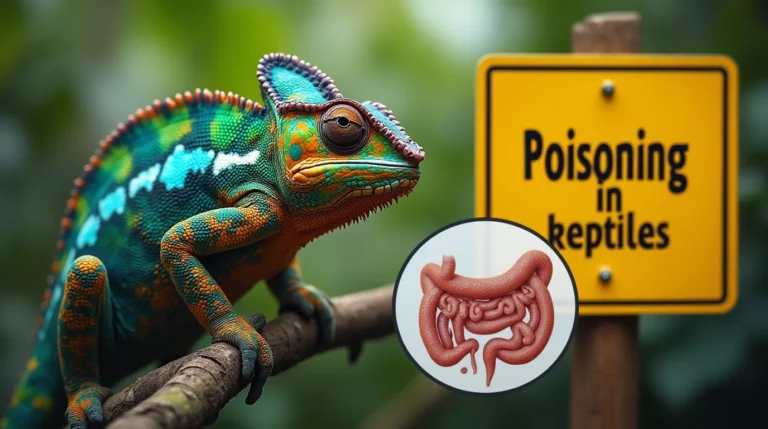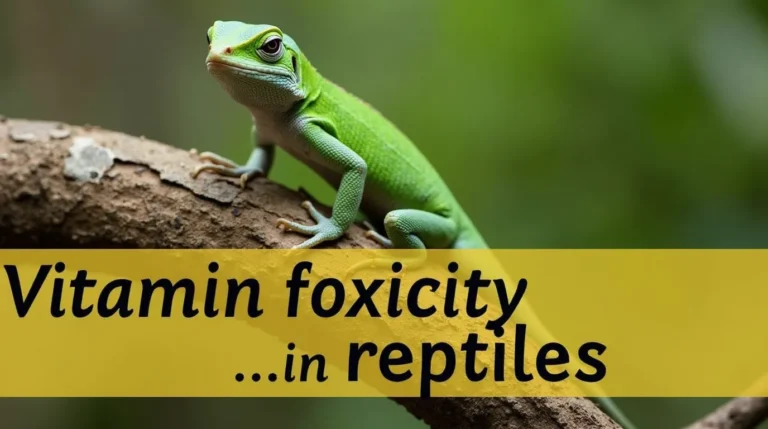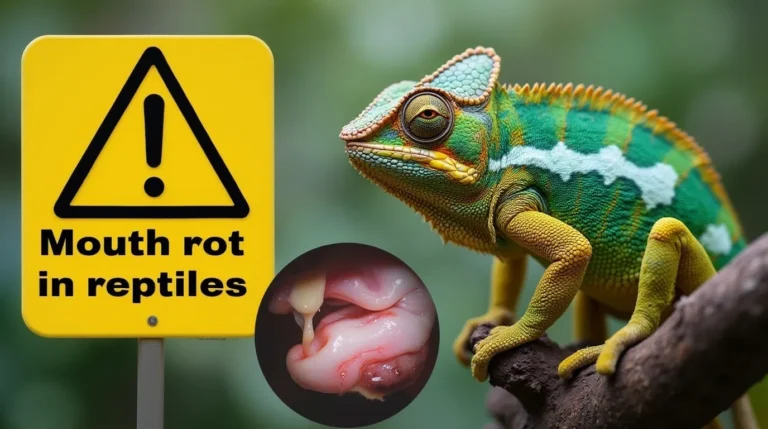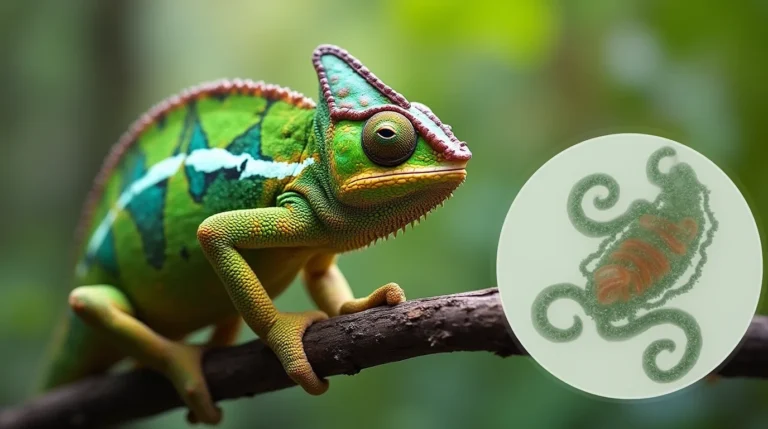Discover the top 7 , Respiratory Infections in Reptiles their causes, symptoms, and critical care tips to keep your scaly friend healthy and breathing easy.
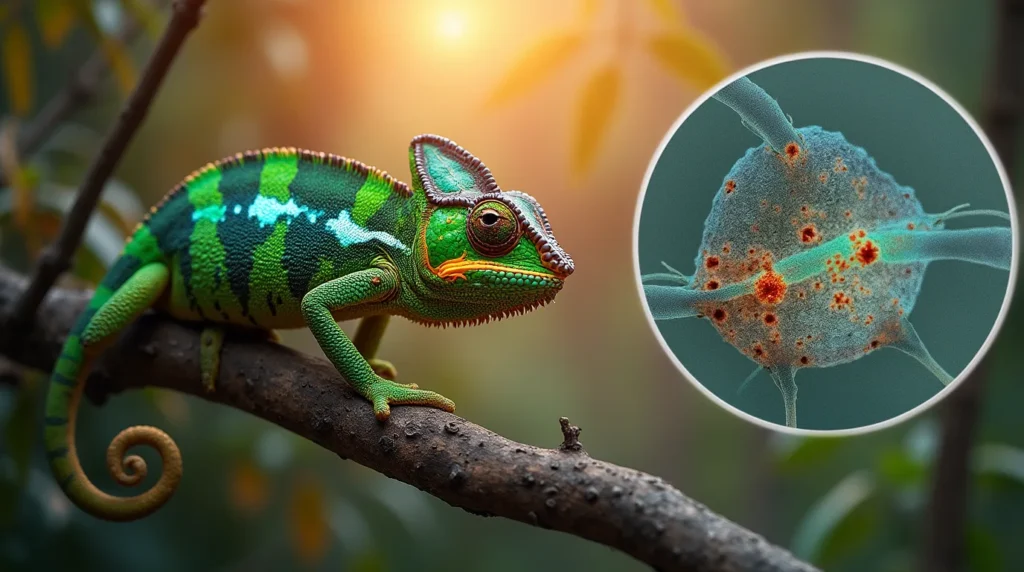
Table of Contents
Reptile owners know that maintaining their pet’s health requires keen observation and specialized knowledge. Respiratory infections in reptiles are among the most common and potentially serious health challenges these exotic pets face. Unlike mammals, reptiles have unique respiratory systems that can make them particularly vulnerable to breathing difficulties. This comprehensive guide will explore seven critical respiratory issues, providing reptile owners with essential insights to protect their scaled companions.
Understanding Respiratory Infections in Reptiles
Respiratory infections in reptiles are complex medical conditions that can quickly become life-threatening if left untreated. These infections can stem from various factors, including environmental conditions, stress, improper husbandry, and underlying health issues.
Key Factors Contributing to Respiratory Infections
- Environmental Conditions
- Incorrect humidity levels
- Inappropriate temperature gradients
- Poor ventilation
- Unclean habitat
- Physiological Vulnerabilities
- Compromised immune system
- Age-related susceptibility
- Species-specific respiratory characteristics
7 Critical Respiratory Infections in Reptiles
1. Pneumonia: The Silent Threat
Symptoms:
- Labored breathing
- Mucus discharge
- Lethargy
- Reduced appetite
Causes:
- Bacterial infections
- Viral pathogens
- Fungal complications
Prevalence: Approximately 30-40% of captive reptiles experience pneumonia at least once in their lifetime.
2. Mycoplasma Respiratory Infection
Characteristics:
- Highly contagious
- Can spread quickly in multi-reptile environments
- Often challenging to diagnose
Risk Factors:
- Stress
- Inadequate quarantine procedures
- Poor nutrition
3. Fungal Respiratory Diseases
Primary Fungal Culprits:
- Aspergillosis
- Cryptococcosis
- Candidiasis
Detection Challenges:
- Slow progression
- Subtle initial symptoms
- Requires specialized veterinary diagnostics
4. Viral Respiratory Infections
Notable Viral Threats:
- Reptarenavirus
- Paramyxovirus
- Adenovirus
Transmission:
- Direct contact
- Contaminated surfaces
- Airborne particles
5. Parasitic Respiratory Complications
Common Parasitic Invaders:
- Lung mites
- Respiratory nematodes
- Trematode infections
Diagnostic Indicators:
- Respiratory distress
- Weight loss
- Reduced activity levels
6. Environmental-Induced Respiratory Stress
Key Environmental Factors:
- Improper temperature regulation
- Excessive humidity
- Poor air quality
- Inadequate ventilation
7. Bacterial Respiratory Infections
Primary Bacterial Agents:
- Pseudomonas
- Klebsiella
- Salmonella
Transmission Pathways:
- Contaminated water
- Unclean habitat
- Compromised immune systems
Diagnostic Approaches
Veterinary Examination Techniques
- Physical examination
- Respiratory sound analysis
- Blood tests
- Radiographic imaging
- Culture and sensitivity testing
Treatment Strategies
Comprehensive Treatment Protocol
- Veterinary consultation
- Precise medication administration
- Environmental modification
- Nutritional support
- Stress reduction
Recommended Pet Products on Amazon
- Reptile Habitat Hygrometer
- Digital Reptile Thermometer
- UVB Lighting System
- Reptile Vitamin Supplement
Frequently Asked Questions (FAQ)
Q1: How quickly do respiratory infections progress in reptiles? Respiratory infections can develop rapidly, often progressing from mild symptoms to critical conditions within days or weeks.
Q2: Can respiratory infections be prevented? Yes, through proper habitat management, nutrition, stress reduction, and regular veterinary check-ups.
Q3: Are some reptile species more susceptible? Certain species like bearded dragons, snakes, and tropical geckos have higher vulnerability to respiratory infections.
Conclusion
Understanding respiratory infections in reptiles requires dedication, knowledge, and proactive care. By recognizing early symptoms, maintaining optimal environmental conditions, and seeking prompt veterinary intervention, reptile owners can significantly improve their pet’s health outcomes.
Call to Action: Share your reptile care experiences or ask questions in the comments below! Visit BlithePET for more expert pet care guides and recommendations.
Expert Insights
Respiratory health is a critical aspect of reptile care that demands continuous attention and informed management. Stay educated, observant, and proactive to ensure your scaly companion thrives.
Disclaimer: This article is for informational purposes and should not replace professional veterinary advice.


